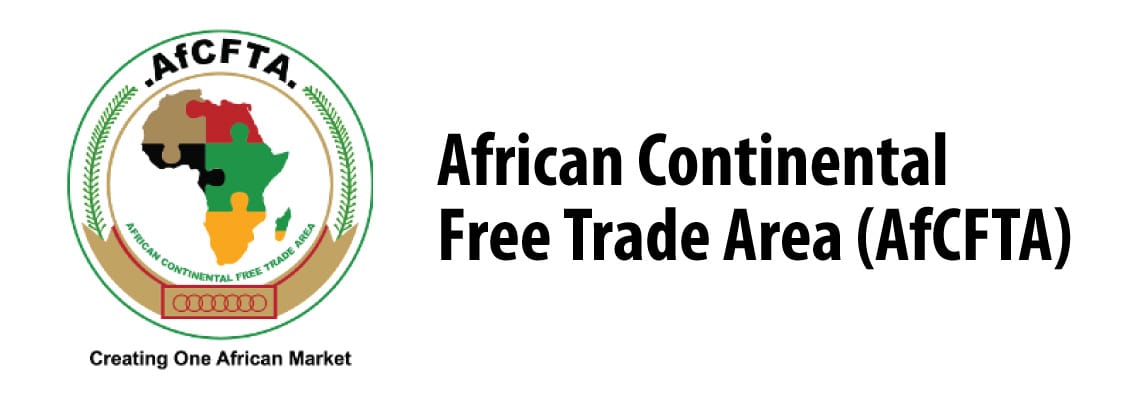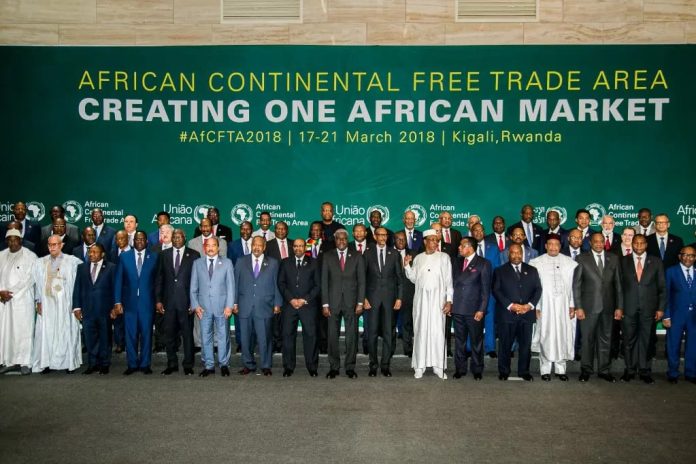The African Continental Free Trade Area (AfCFTA) is the world’s largest free tradezone by the number of participating countries. It hence has the potential to boost economic growth and development across Africa. The AfCFTA, which was launched in 2018, aims to create a single market for goods and services across the continent, with a combined GDP of $3.4 trillion.
Being the product of 2018, the AfCFTA is still in its early stages of implementation, but there are already signs of progress. In 2021, intra-African trade increased by 15%, the highest level in years. This growth is attributed in part to the implementation of the AfCFTA’s seamless trade model.
AfCFTA trade route map
There are a number of challenges that need to be addressed in order to fully realize the potential of the AfCFTA. These challenges include:
• Infrastructure: Africa needs to invest in infrastructure to improve transportation and communication links between countries.
• Trade finance: Businesses need access to affordable trade finance to take advantage of the AfCFTA.
• Non-tariff barriers: Non-tariff barriers, such as complex customs procedures and technical regulations, can make it difficult for businesses to trade across borders.
Despite the challenges, the AfCFTA is a positive development for Africa. The AfCFTA, if done right, has the potential to boost economic growth and development across the continent. With the support of the international community, African countries can overcome the challenges and realize the full potential of the AfCFTA.

How can the international community support the AfCFTA?
The international community can support the AfCFTA by:
• Providing financial assistance: The international community can provide financial assistance to African countries to help them implement the AfCFTA. This can be done through aid, bilateral aid, multilateral aid, and development banks.
• Providing technical assistance: The international community can provide technical assistance to African countries to help them build the capacity to implement the AfCFTA. Some parts of the world already have successful trading blocks. These countries can be of great help in the implementation of AfCTA.
• Reducing trade barriers: The international community can reduce trade barriers with African countries to make it easier for them to trade with the rest of the world. This can be done through trade agreements, deals or any other initiatives.
By supporting the AfCFTA, the international community can help Africa achieve its economic and development goals.
By Derrick Kabonyo

